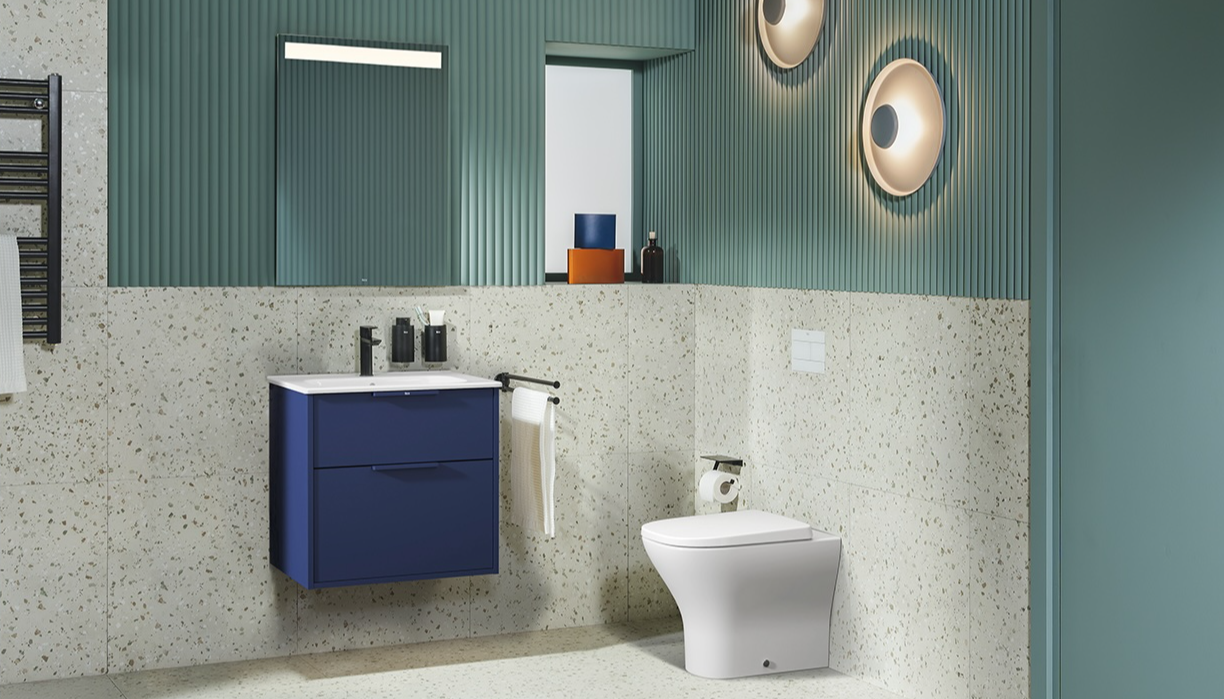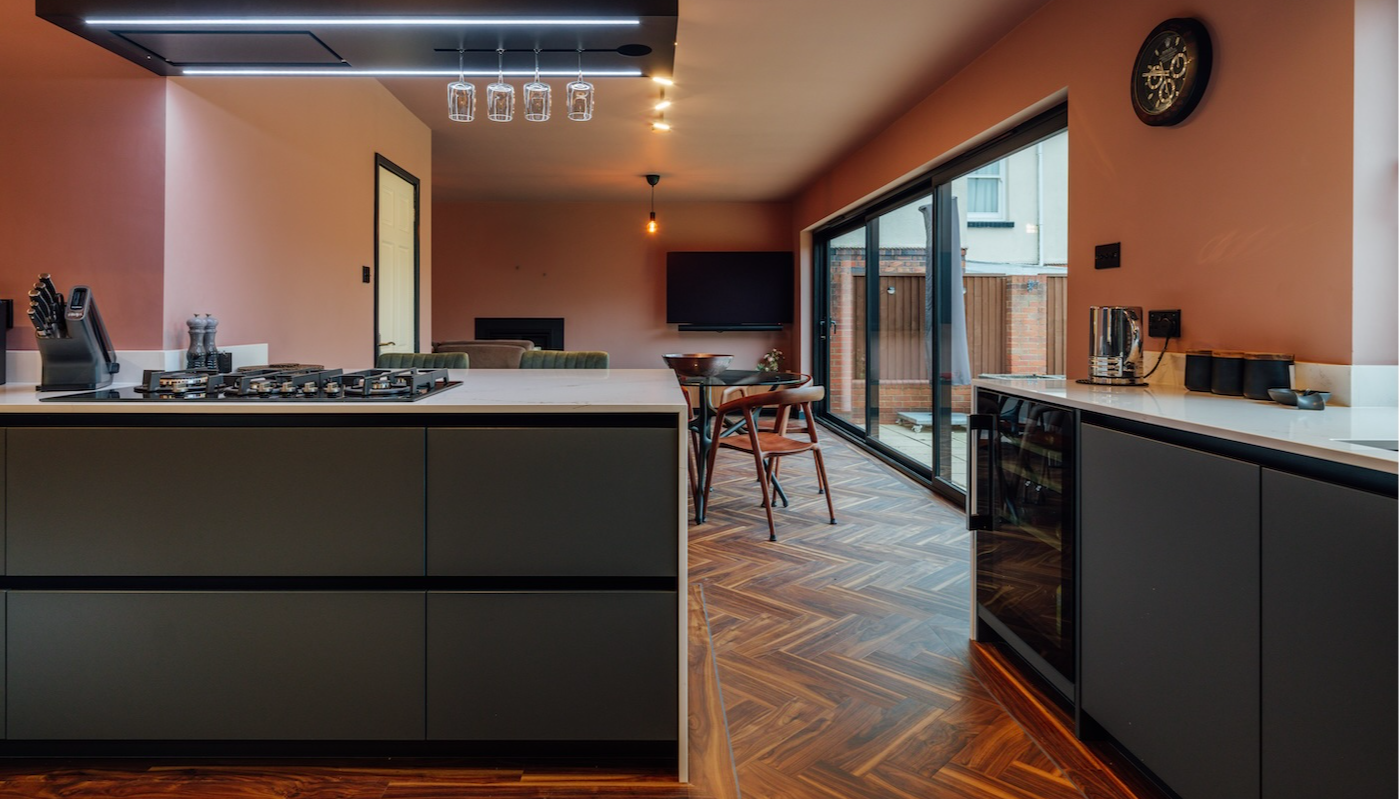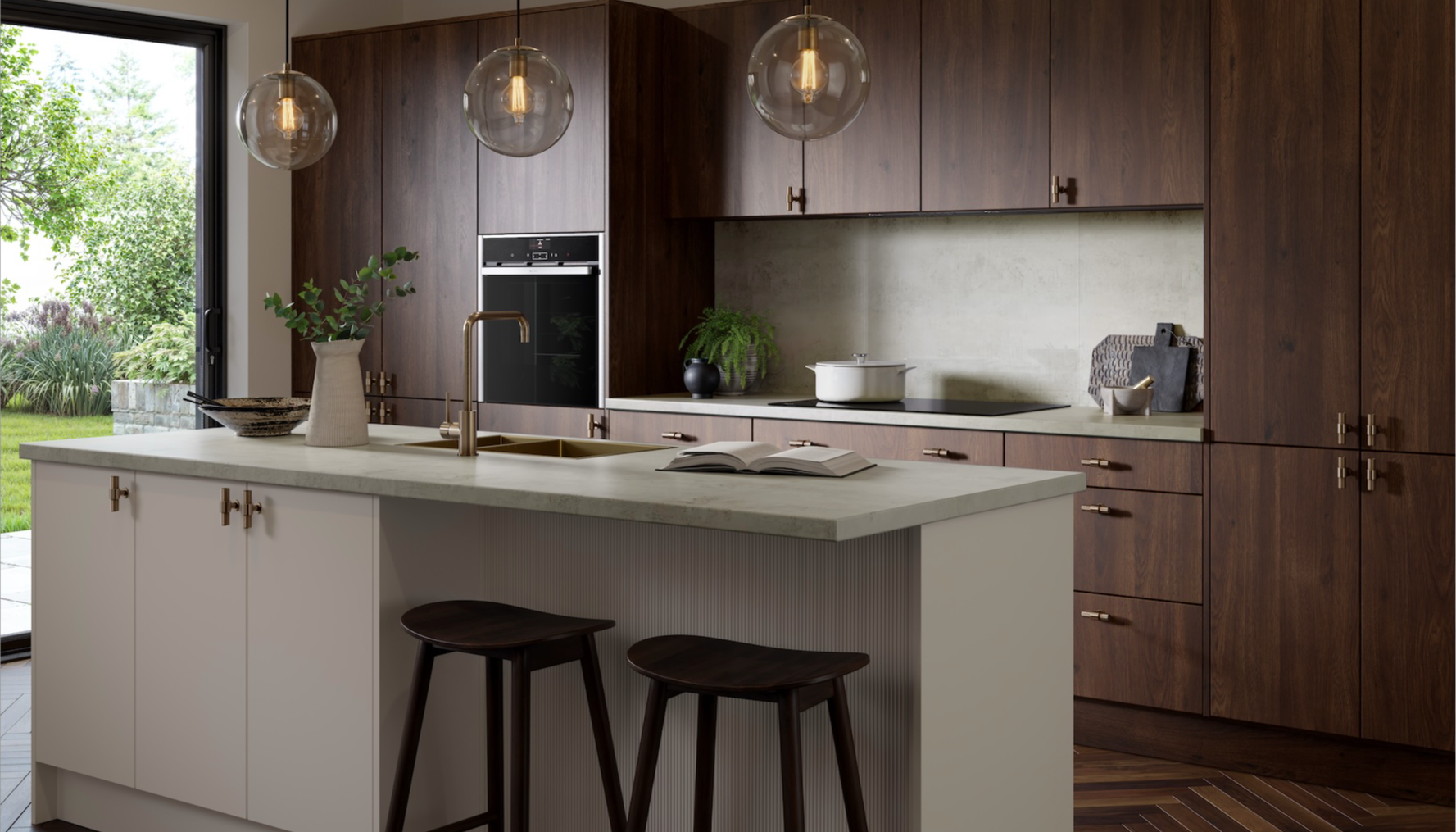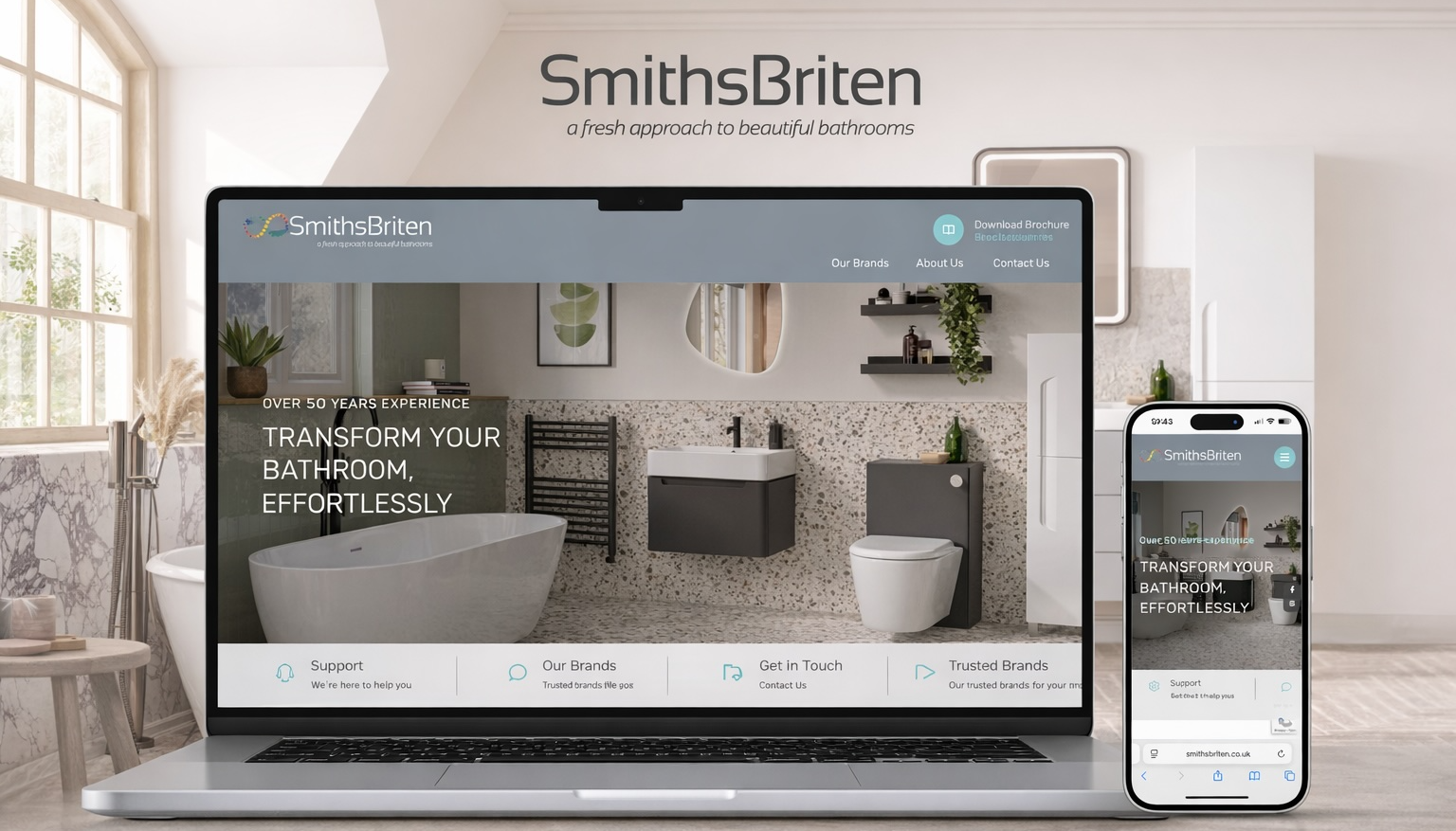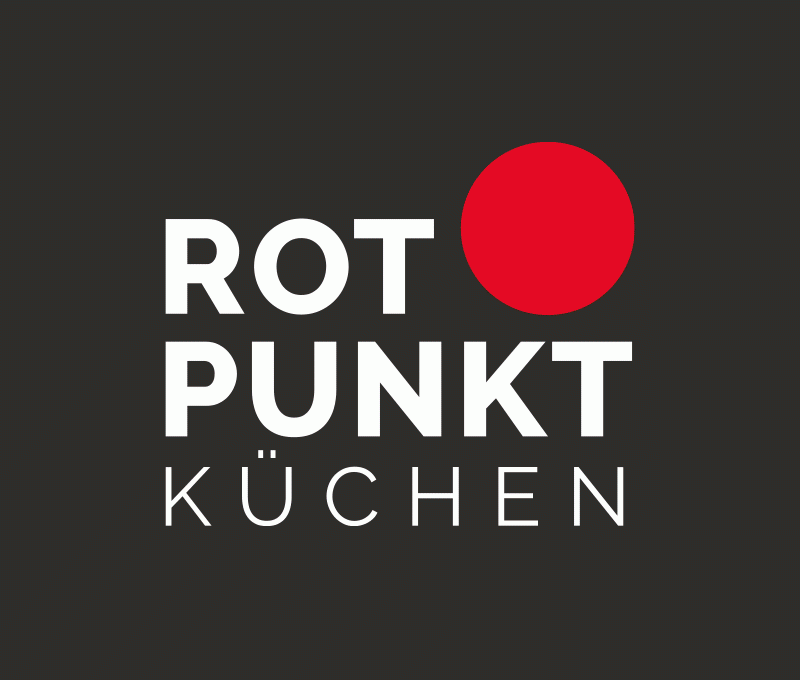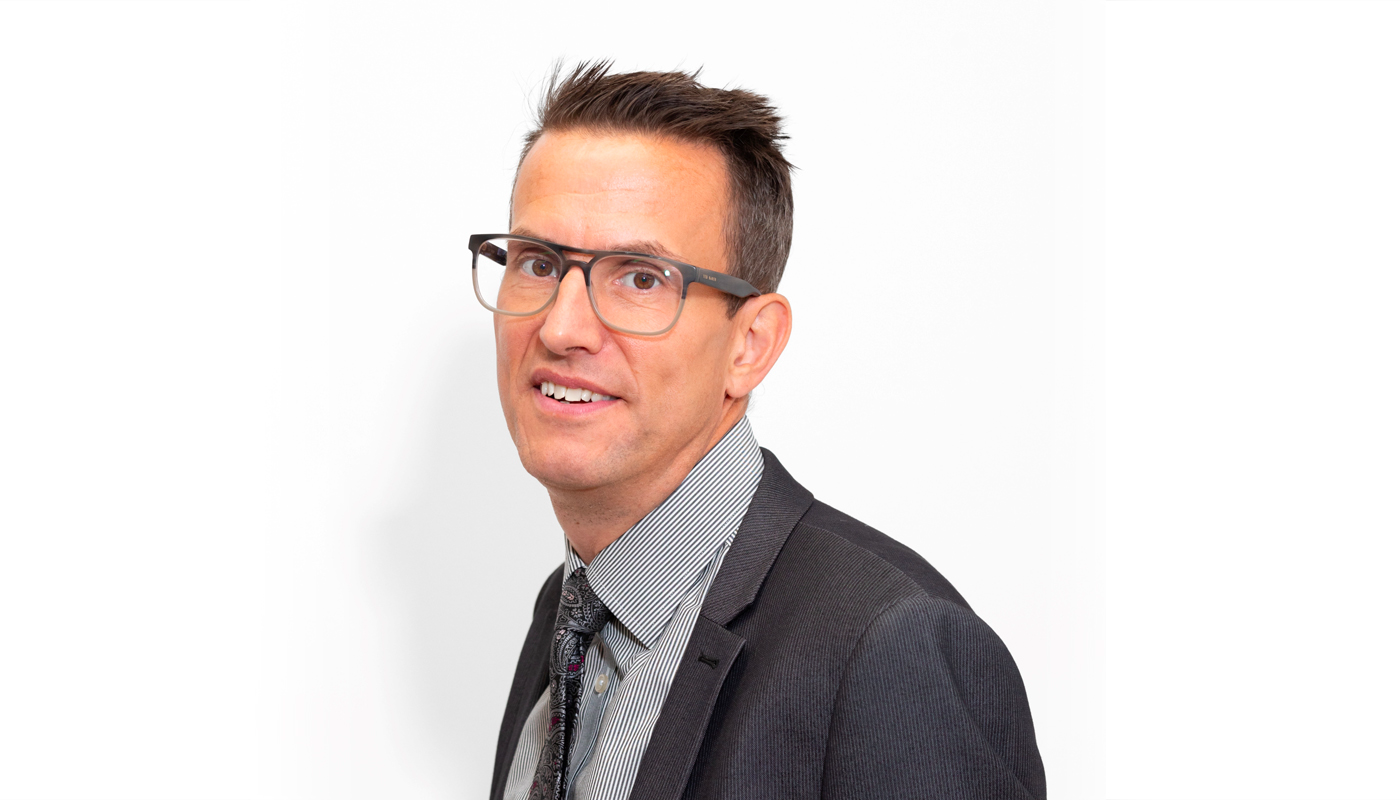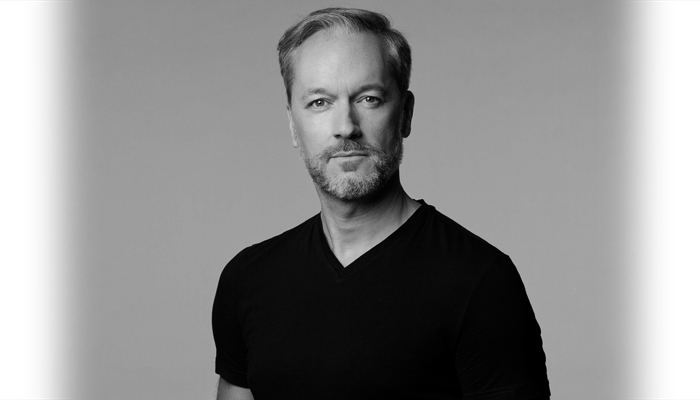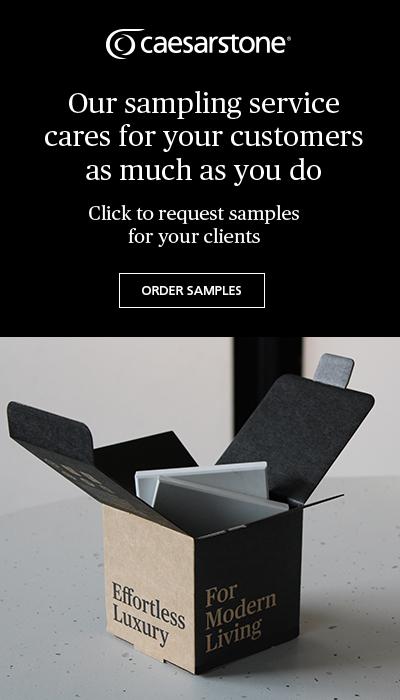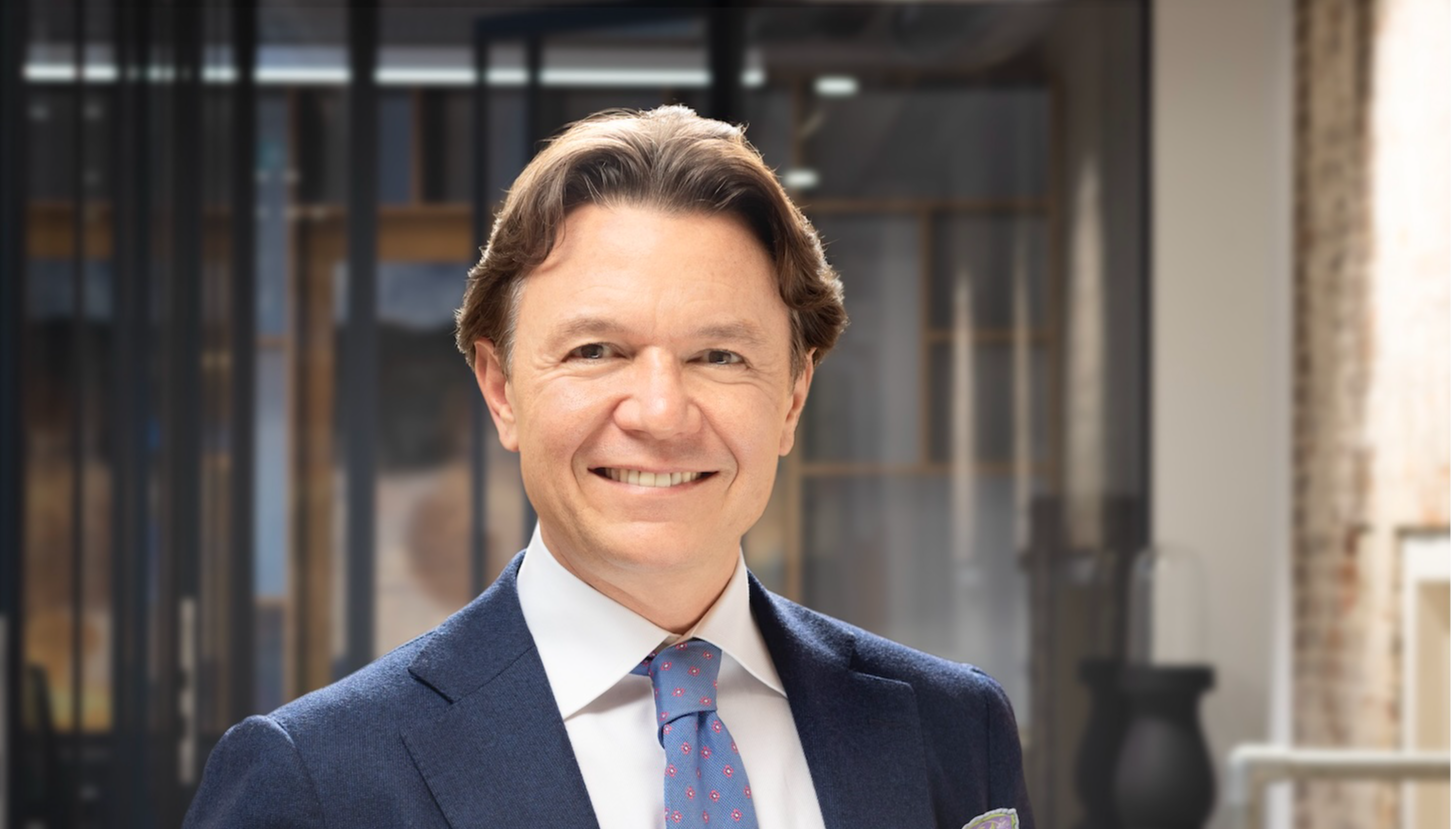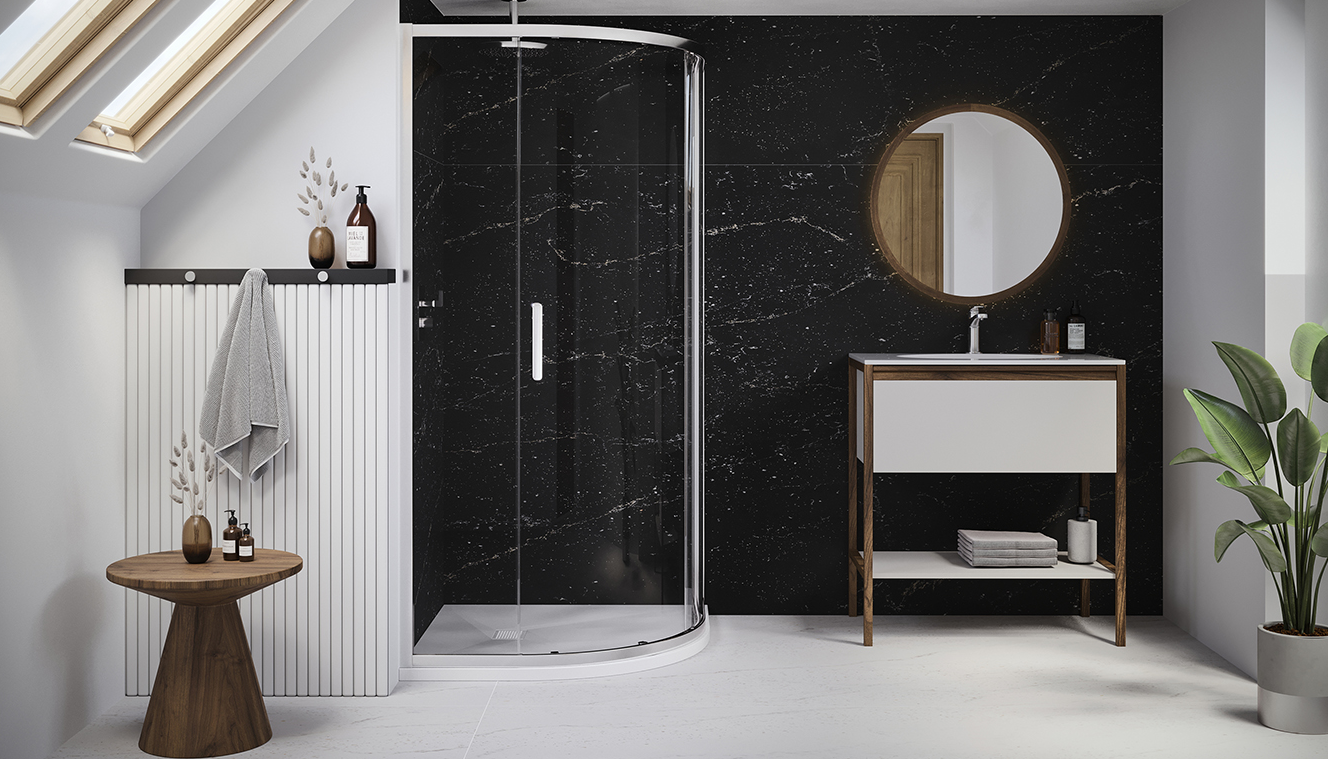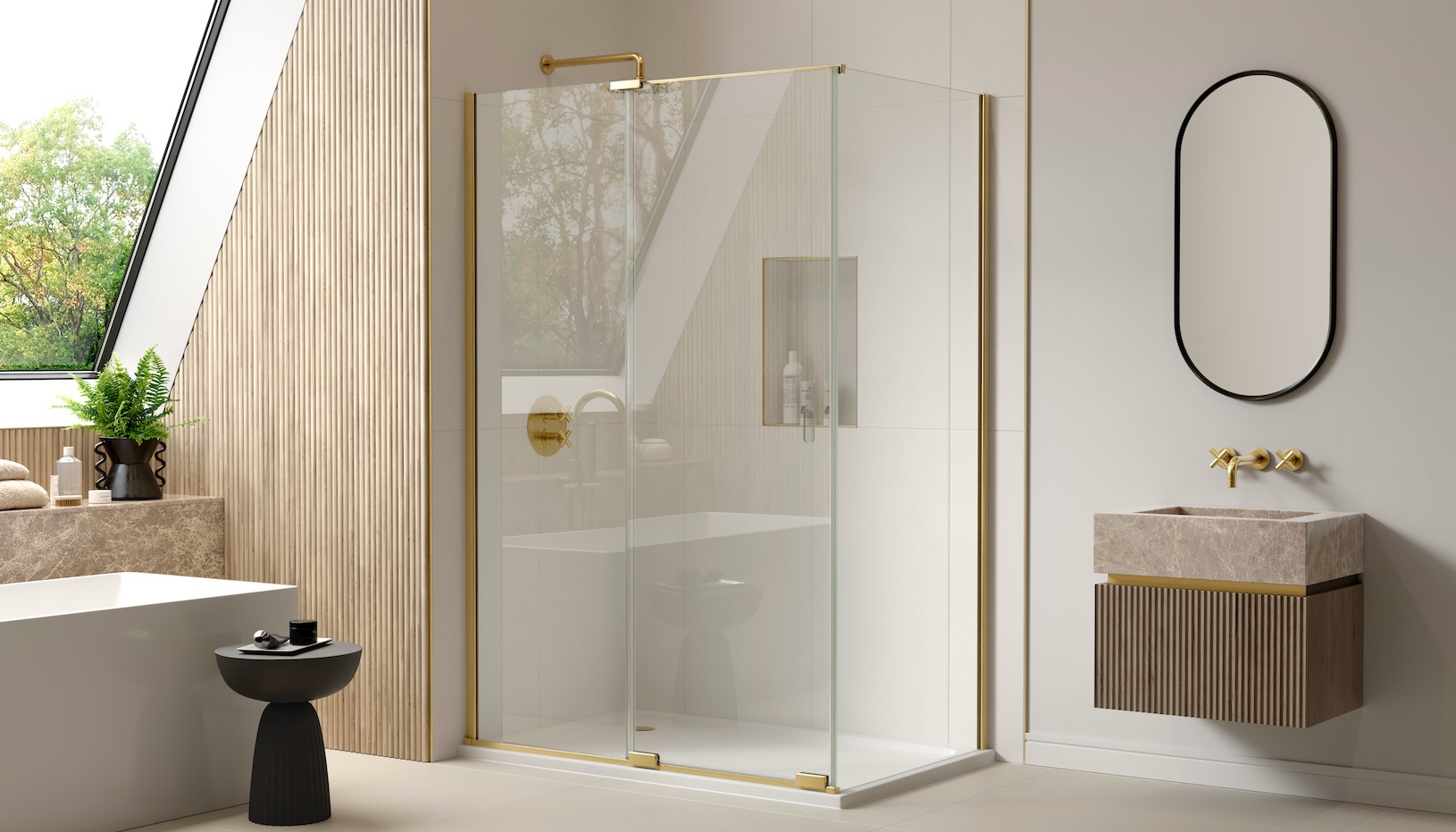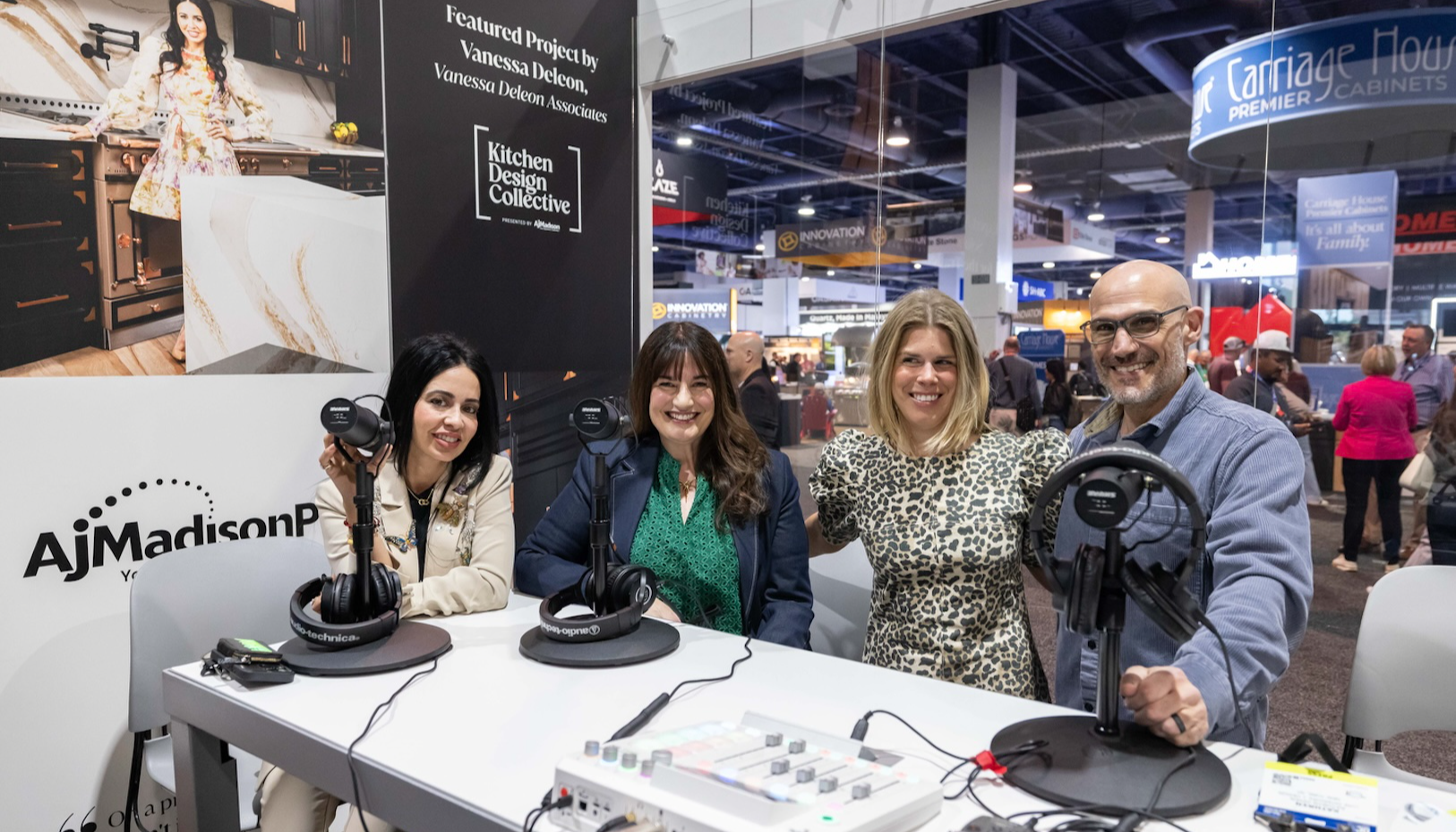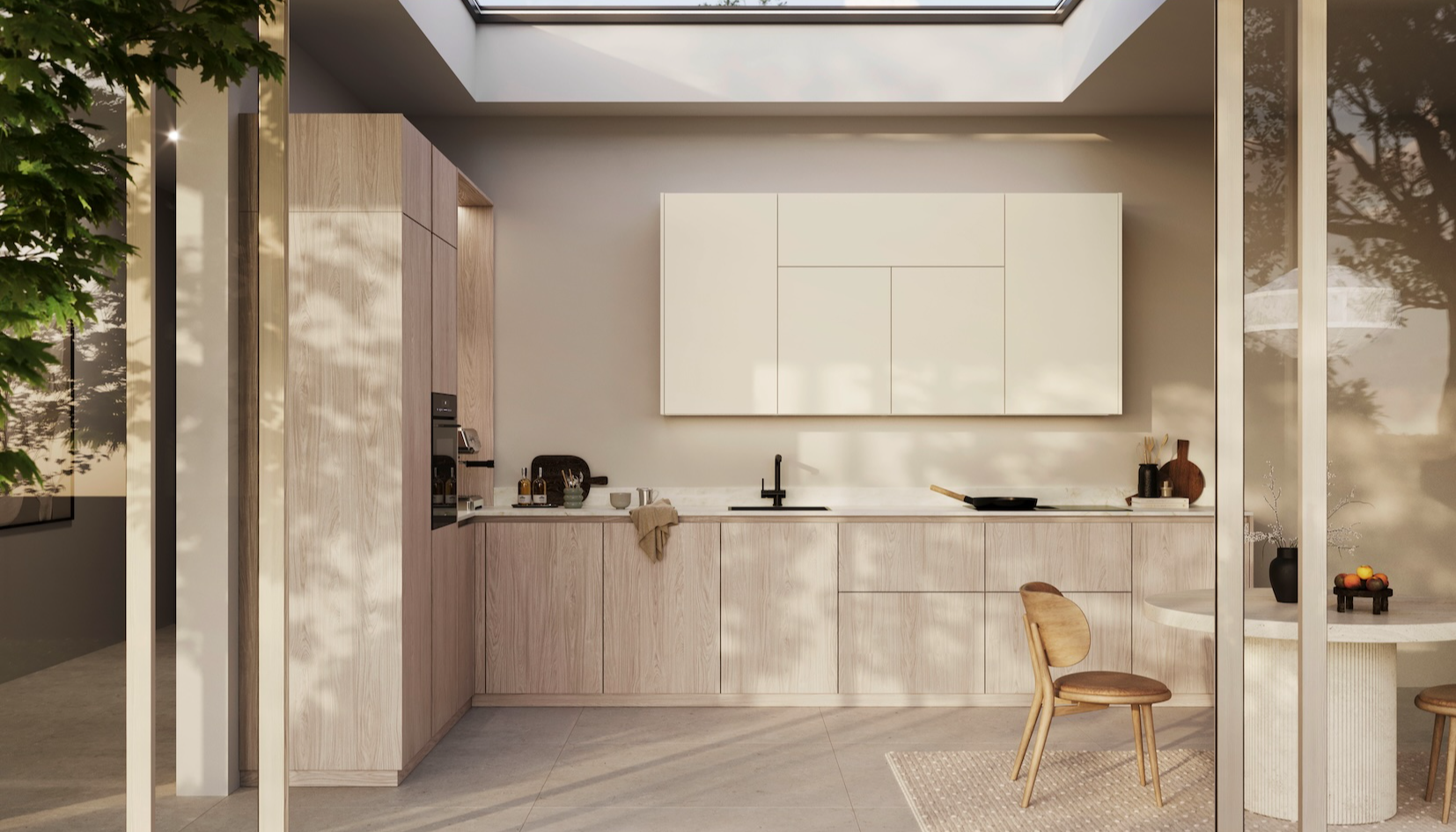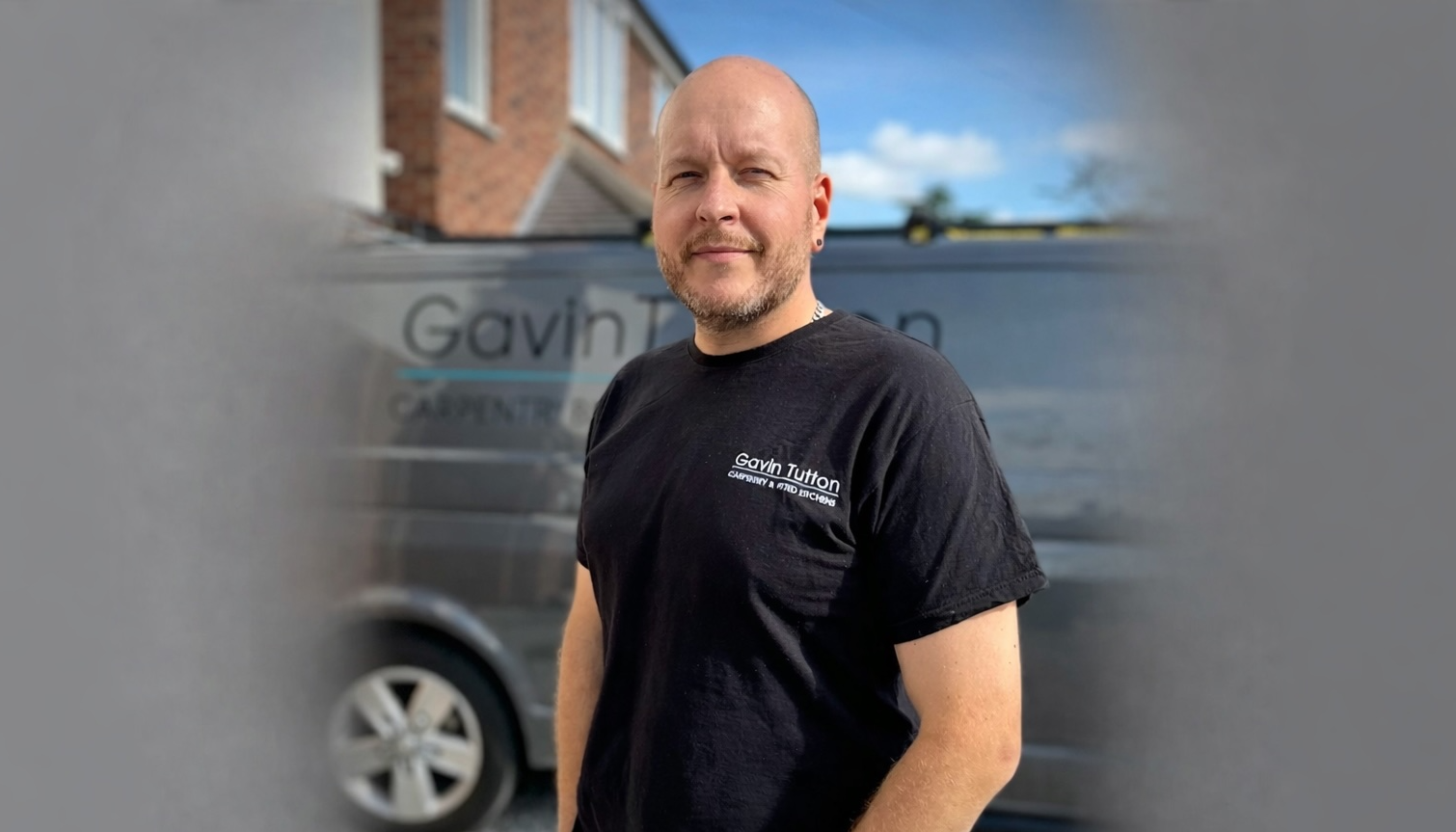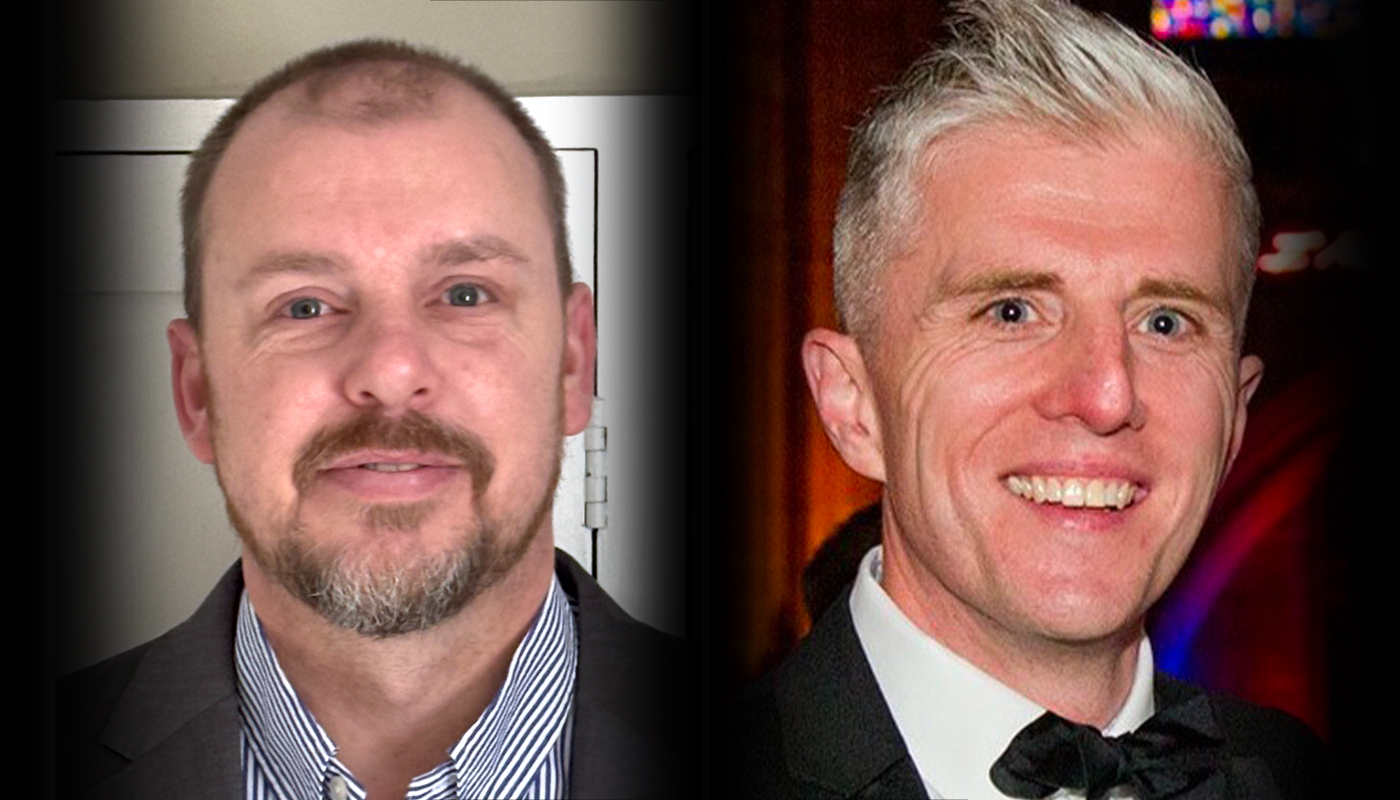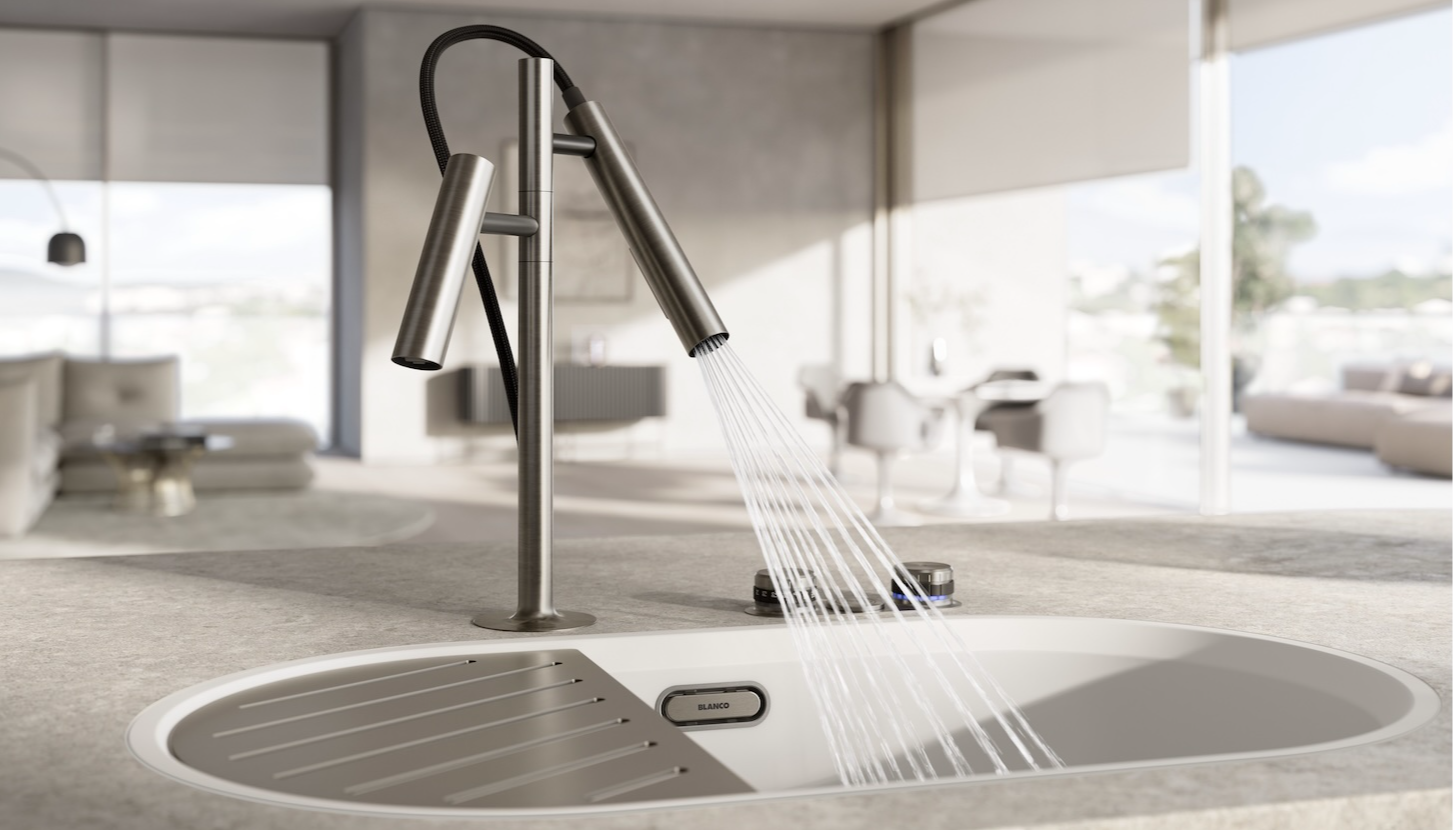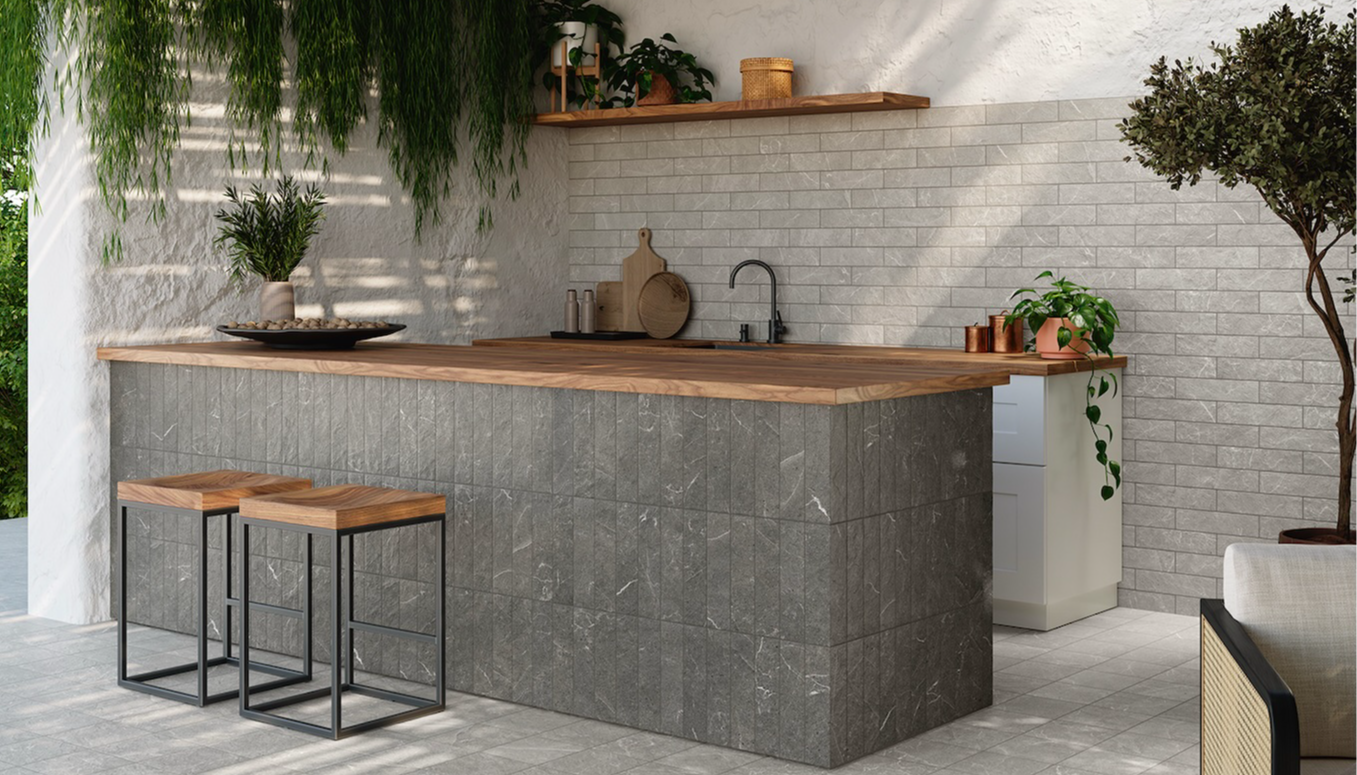Keller Kitchens' Tim Spann: I'm positive about being carbon negative
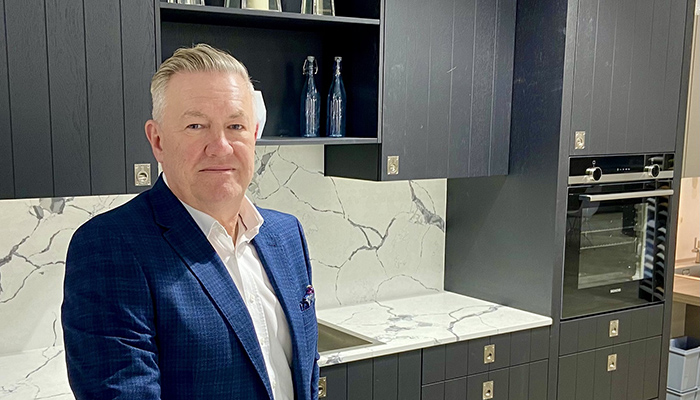
Keller Kitchens' Tim Spann: I'm positive about being carbon negative
The subject of sustainability is now a priority for everyone, both trade professionals and consumers – here Tim Spann of Keller Kitchens talks about the quest to be a carbon negative manufacturer, and how Keller can help retailers when talking to clients.
Q: What is Keller's goal in terms of sustainability?
A: Keller has been a carbon neutral manufacturer for over five years; it is enshrined within the corporate social responsibility ethos. In 2021, the next step – to be a carbon negative manufacturer – was taken. This initiative will extract 150 tonnes of carbon from the air over a five-year period that will be put to good use in agricultural soils; the 150 tonnes is the equivalent carbon output of a normal kitchen manufacturer making 70,000 kitchens
Our goal in terms of sustainability is to learn, adapt and adopt technologies and processes that maintain our status as a world leading force in sustainable manufacturing of kitchens. We will never rest on our laurels and eradicate as much CO2 as possible while making beautiful kitchens attainable that don’t cost the earth; all whilst taking care of our people, the planet and delivering adequate profit for our business and partners.
Becoming carbon negative is an all-encompassing circular process; from the materials we acquire from renewable sources to recycling old kitchens no longer required and everything in between. This includes, for example, generating our own electricity from over 8,000 solar panels on our factory roof, using technology such as no glue laser edging, water-based lacquering, advanced production processes, recyclable packaging only, bio-mass heat/energy generation, greening of our entire fleet of vehicles, planting forests in Bolivia and more. Then, more recently, we are extracting carbon from the atmosphere.
Q: From a kitchen design and build perspective, are consumers interested in sustainability and saving resources?
A: The questioning from retailers and consumers alike is gaining momentum. We are all now working towards the same luxury experience being delivered in a sustainable way. Keller has even created what we see as the future of sustainable kitchens with the Circo project.
Q: How can we encourage retailers to use kitchen design to create more sustainable consumer behaviour?
A: Education and training are key. We have to encourage retailers to engage with consumers on the benefits of a sustainable kitchen. Making a stance and promoting sustainability demonstrates a consciousness that will help form new buying patterns. The benefits of sustainability in design go beyond the dream of saving the planet with the mere purchase of a kitchen. Design and adaptation can engender a more sustainable way of living and introduce new routines.
Q: What can retailers realistically do to be more sustainable?
A: Everyone can do their bit in everything they do. We all have a responsibility to halt the slide. Offer sustainable options and find yourself some new markets. They may be relatively niche today, but they won’t be in the future.
Q: Give us an example of recent product developments that illustrate sustainability.
A: In terms of recent product development, Keller now offers matt lacquered kitchens in 1,950 NCS colours to complement the silk gloss, high gloss and structured lacquer ranges. This is both trendsetting and sustainability-driven as the company only uses water-based systems in the in-house paint plant.
As always, Keller Kitchens offers complete versatility with over 1950 NCS colours to choose from in a wide array of finishes. This makes it possible for every homeowner to incorporate elements of this kitchen set in a way that suits their style. Keller Kitchens is proud to be a carbon neutral kitchen manufacturer and has been since 2017.
Tags: insight, features, tim spann, keller kitchens, sustainability, carbon neutral, kitchens





